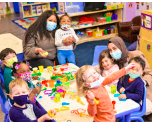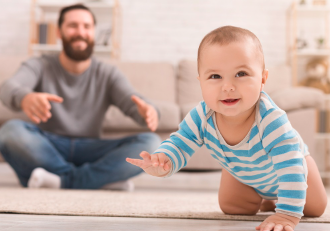In today’s interconnected world, teaching cultural awareness at an early age is not just beneficial—it’s essential. When young children are introduced to diverse cultures and traditions, they develop a better understanding of themselves and the people around them. Fostering cultural awareness in early education helps build kindness, empathy, and open-mindedness—qualities that contribute to a more inclusive society.
Why Cultural Awareness Matters in Early Childhood
Children form ideas about the world at a very young age. By learning about different customs, languages, foods, and celebrations, they begin to appreciate the richness of human experiences. Cultural awareness doesn’t just teach children about others—it also helps them feel proud of their own backgrounds. This sense of belonging can strengthen self-esteem and support healthy identity development.
Simple Ways to Introduce Cultural Awareness
Educators and families can use many fun and engaging strategies to introduce cultural understanding. Picture books that celebrate diverse characters, songs from around the world, and classroom discussions about different holiday traditions are wonderful tools. Activities like trying international snacks, learning simple greetings in various languages, or sharing family heritage stories can help children make meaningful connections.
Creating an Inclusive Classroom Environment
A culturally responsive classroom includes materials and lessons that reflect many backgrounds. Teachers can display diverse artwork, offer toys that represent different communities, and use learning resources that celebrate global cultures. Encouraging children to share their family traditions during circle time or special “culture days” helps everyone feel valued and respected.
Partnering with Families
Families are children’s first teachers. Inviting parents and caregivers to participate in cultural celebrations or classroom storytelling offers valuable insight and builds a strong school-home connection. These partnerships enrich the learning environment and show children that their culture—and the culture of others—is recognized and appreciated.
Benefits That Last a Lifetime
Children who learn to respect and value diversity are more likely to grow into compassionate and socially aware adults. They gain the skills to communicate across cultures, build positive relationships, and contribute to inclusive communities. Cultural awareness in early education lays the groundwork for acceptance and lifelong learning.
By nurturing curiosity, celebrating differences, and promoting respect, educators and caregivers help children grow into thoughtful and understanding individuals. Integrating cultural awareness into early learning isn’t just an educational choice—it’s a meaningful step toward a brighter and more connected future.


